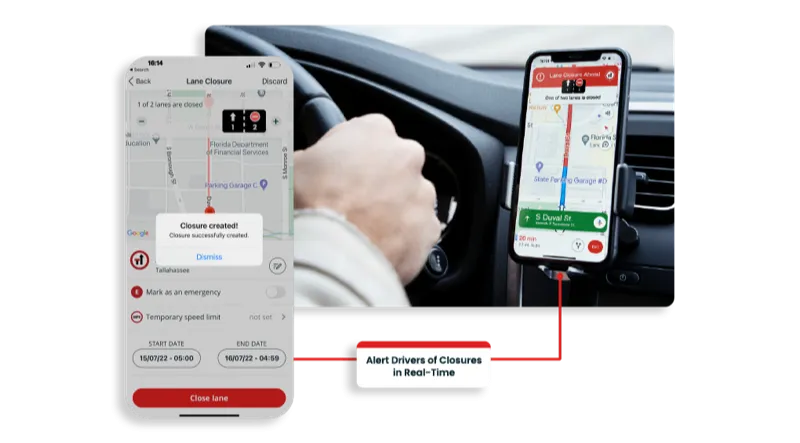Activu Corporation, a leading provider of IP-based visualisation and collaboration solutions for mission-critical command and control centre environments, has been qualified as an approved vendor by Florida’s Department of Transportation (FDOT) following independent testing and validation by FDOT’s Traffic Engineering Research Laboratory (TERL) in Tallahassee. The IP-based visualisation software has been approved as fully compatible with FDOT’s SunGuide software for ITS, meaning that Activu’s video wall sol
April 18, 2012
Read time: 2 mins
RSS4220 Activu Corporation, a leading provider of IP-based visualisation and collaboration solutions for mission-critical command and control centre environments, has been qualified as an approved vendor by Florida’s Department of Transportation (FDOT) following independent testing and validation by FDOT’s Traffic Engineering Research Laboratory (TERL) in Tallahassee. The IP-based visualisation software has been approved as fully compatible with FDOT’s SunGuide software for ITS, meaning that Activu’s video wall solutions can now be deployed at all existing and new FDOT facilities and sites.
Activu says it is the only approved vendor that developed its integration in-house as part of FDOT’s innovative approach to enhancing vendor support for its SunGuide system. The company’s solution will also be forward compatible with future versions of SunGuide.
“This development underscores our commitment to FDOT and to traffic management control centres (TMC) across the US,” said Activu CEO, Paul Noble. “With increasing traffic and growing concerns for public safety in the face of shrinking city budgets, Activu’s comprehensive IP- and COTS-based (commercial-off-the-shelf hardware) solutions have helped TMCs cost-effectively meet their traffic management goals.”
Activu’s visualisation and collaboration solutions have already been deployed by some of the nation’s most sophisticated TMCs in the US including New Jersey,Texas, Maryland, Arizona, and New York.
Activu says it is the only approved vendor that developed its integration in-house as part of FDOT’s innovative approach to enhancing vendor support for its SunGuide system. The company’s solution will also be forward compatible with future versions of SunGuide.
“This development underscores our commitment to FDOT and to traffic management control centres (TMC) across the US,” said Activu CEO, Paul Noble. “With increasing traffic and growing concerns for public safety in the face of shrinking city budgets, Activu’s comprehensive IP- and COTS-based (commercial-off-the-shelf hardware) solutions have helped TMCs cost-effectively meet their traffic management goals.”
Activu’s visualisation and collaboration solutions have already been deployed by some of the nation’s most sophisticated TMCs in the US including New Jersey,Texas, Maryland, Arizona, and New York.









